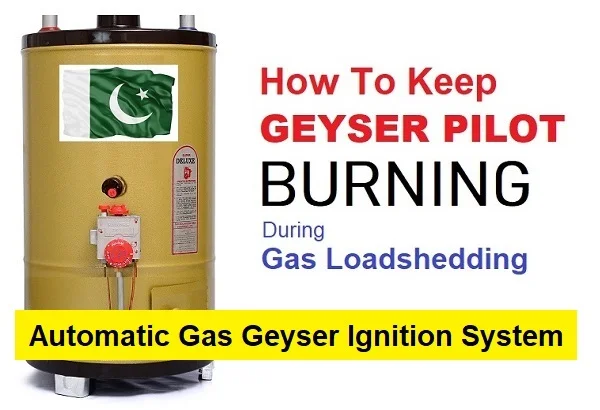Electric water heaters provide reliable hot water for cooking, cleaning, and bathing. Key components include the tank, heating elements, and thermostat. Their advantages are energy efficiency, safety, and low maintenance, but consider local electricity rates, proper insulation, and tank size for optimal use.
Electric water heaters are crucial home and office appliances because they consistently offer hot water for activities like cooking, cleaning, and bathing. These appliances warm water for everyday usage effectively and conveniently by converting electrical energy into heat. The elements, advantages, and factors of electric water heaters are described below:
Electric water heater components:
The tank of a conventional electric water heater stores and warms the water. It is usually made of steel or steel with a glass lining to prevent corrosion. The water inside the tank is heated by one or more heating elements. These elements are controlled by a thermostat, which maintains the water at the correct temperature by turning the heating elements on or off as needed. Users can adjust the thermostat to set their preferred hot water temperature.
A pressure relief valve is installed to prevent overpressurizing the tank by releasing excess pressure when necessary. A dip tube directs cold water to the bottom of the tank, ensuring a continuous flow of hot water.
Electric water heater advantages:
Electric water heaters generally consume less energy than gas alternatives and experience minimal heat loss from the tank. Newer models feature better insulation, further reducing heat loss. They are safer for indoor use as they do not release combustion gases, eliminating the risk of open flames or carbon monoxide leaks.
These water heaters can be installed quickly in various locations as long as there is access to electricity. They also require low maintenance since they lack burners or pilot lights. Furthermore, the thermostat ensures a steady supply of hot water.
Points to remember:
Although electric water heaters are energy-efficient, the operating costs depend on your local electricity rates. When purchasing, consider the tank size—a larger tank produces more hot water but requires more energy. Look for models with good insulation to reduce heat loss and enhance energy efficiency.
Regular maintenance, such as flushing the tank to remove sediment buildup, can extend the heater’s lifespan. Ensure the electrical circuit provides adequate power for the heater, and hiring a qualified plumber or electrician is advisable for installation.

